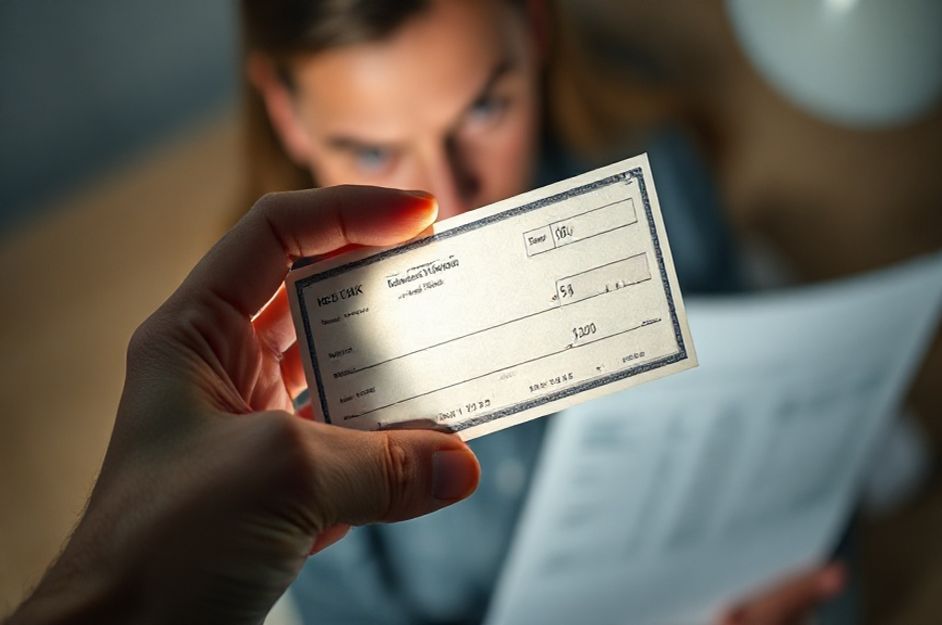Check fraud is a growing concern, with identity theft and financial scams on the rise. Thieves target personal information, credit cards, and checks, making it crucial to protect yourself.
Banks typically make deposited funds available within a few days, but this doesn’t guarantee the check’s validity. While federal regulations mandate quick fund release, it can take weeks for a bank to detect a fraudulent check. The common misconception that a “cleared” check is legitimate can be costly.
Ultimately, the depositor is responsible for any losses resulting from fraudulent checks. Banks often issue “Fraud Alerts” to inform customers of this liability. Because you interact directly with the check issuer, you’re best positioned to assess the risk.
Being held responsible for bad checks can lead to financial strain, stress, and potential credit damage.
Here are steps you can take to protect yourself from check fraud:
1. Be wary of checks exceeding the agreed-upon amount. Question the discrepancy.
2. Verify that the account holder’s name matches the payer’s identity.
3. Decline requests to forward funds to third parties, especially in foreign countries.
4. When in doubt, err on the side of caution.
Trust your instincts and exercise sound judgment. If anything seems suspicious, don’t proceed. Seek advice from a qualified financial professional before engaging in transactions that raise concerns. Vigilance is key to avoiding check fraud and its associated problems.
